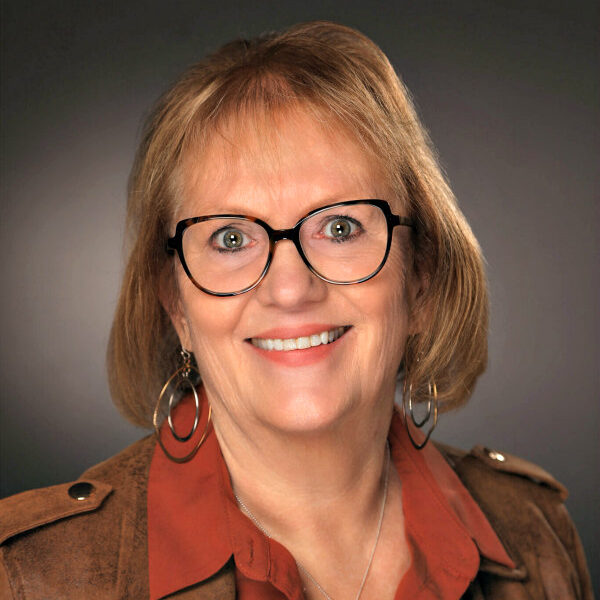What is Codependency?

I made reference in the Art of Listening article to a codependency characteristic and thought it would be good to address the definition of codependency. The word itself does not tell us really what codependency is. Often when I talk about codependency characteristics, people think that it could not be anything relating to them as they consider themselves independent, strong people and certainly not dependent upon another person.
The word “codependency” was first used 20 years ago to refer to someone who was involved with a drug or alcohol addict. The authors studied the negative behaviors that came from being involved with an addicted person. Since that time, it has expanded to encompass the psychological behaviors that are learned from individuals when they are in families who have unhealthy patterns with emotional expression.
Codependent people may have characteristics that focus on another person’s feelings so much that they lose sight of themselves and what they are feeling. Codependent people will be invested in the other person’s behaviors so much so that the other person’s behaviors affect the codependent’s self esteem. If the other person is doing well and is happy, then codependent people will be happy. If the other person is not doing well, but is sad, angry and unhappy, then codependent people will feel bad about themselves because they will feel like they didn’t do what they needed to do to make the other person happy. Often the codependent person will work to anticipate the other person’s needs and carry that out, trying to please that person. They may think and feel responsible for other people so that if someone they are codependent with is sad, they will feel responsible for it and may try to fix the situation so that the other person does not feel sad.
Codependent people may over-commit themselves, feel angry, unappreciated and used. They give so much of themselves to others they often feel empty and unfulfilled themselves. Their actions are often focused on what others need and rarely focused on taking care of themselves. So it is easy for them to feel victimized because they easily become empty of energy and then feel uncared about because they are not taking care of themselves. There is an expectation that if they take care of others, others will take care of them. And even if others try to take care of them, it will be empty because others cannot fill that emptiness. We each have to take care of it ourselves. We do this by focusing on our own feelings, our own needs and making sure they are taken care of when they come up.
People who are codependent may find themselves feeling angry when the help they offer isn’t effective. They do this because they are, once again, taking responsibility for the other person’s feelings and therefore are angry with the other person for not being happy after all that was done for them. Other behaviors may include feeling anxious about problems and people, worrying about lots of things, often to the point of obsession. If things are not good in a relationship, codependent people will not rest until things have been resolved.
Codependent people often do not set good boundaries by saying “no” when they need to and although they give freely to others, they may feel uncomfortable with others giving to them. Codependent people may also blame themselves for everything, reject compliments or praise, often feel as if they are not good enough, take things personally, be perfectionistic, and may feel a lot of guilt.
I believe that all of us have codependency issues on a continuum. The question is where are you on the continuum? Do you find that you obsess over other people, worry a lot about others and what they are thinking or feeling, do too much for others and find yourself caretaking and not taking care of yourself? Do you have low self esteem and tie your self-worth to other people’s happiness? If you want to learn more, a good book is Codependent No More by Melody Beattie. All of Beattie’s books are fabulous resources in this area. And if you want to start to do something different about this pattern today, start by focusing on yourself. How you respond to a situation is the only thing you have any control over. You have no control over others and how they feel or what they do. Pay attention to what you need to be doing for yourself and begin to focus on yourself instead of others. Let go of the rest.
Tags: characteristis of codependent behaviors, co-dependencyABOUT THE AUTHOR

Janie Pfeifer Watson
Licensed Independent Clinical Social Worker
Licensed Independent Mental Health Practitioner- Janie Pfeifer Watson, LICSW, is the founder and director of Wholeness Healing Center, a mental health practice in Grand Island, Nebraska with remote sites in Broken Bow and Kearney. Her expertise encompasses a broad range of areas, including depression, anxiety, attachment and bonding, coaching, couples work, mindfulness, trauma, and grief. She views therapy as an opportunity to learn more about yourself as you step more into being your authentic self. From her perspective this is part of the spiritual journey; on this journey, she serves as a mirror for her clients as they get to know themselves—and, ultimately, to love themselves.
LATEST ARTICLES BY Janie Pfeifer Watson
- Gentle and Grounded – A Mindful Reset for 2026
- Glimmers of Light – Nurturing Joy During the Holidays
- Live Stronger: Strength, Balance, and Social Connection after 50 Stay strong. Stay Connected. Stay independent.
- Healing is a Lifelong Journey, and It Doesn’t Happen in a Straight Line
- Habits to Develop to Age Well
Subscribe today
Sign up to receive the latest mental health tips and inspiration